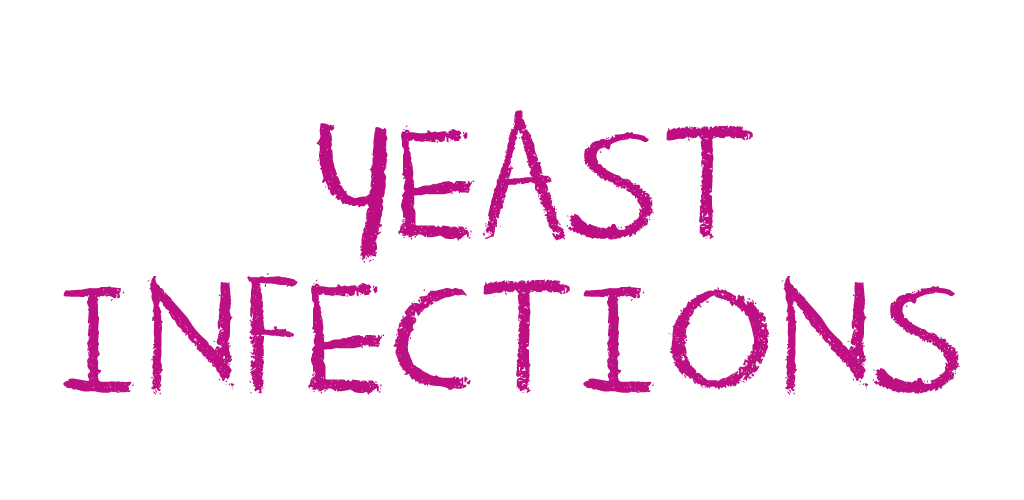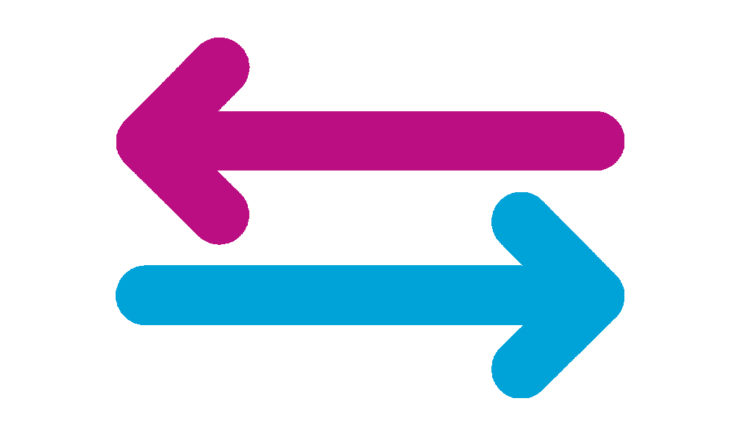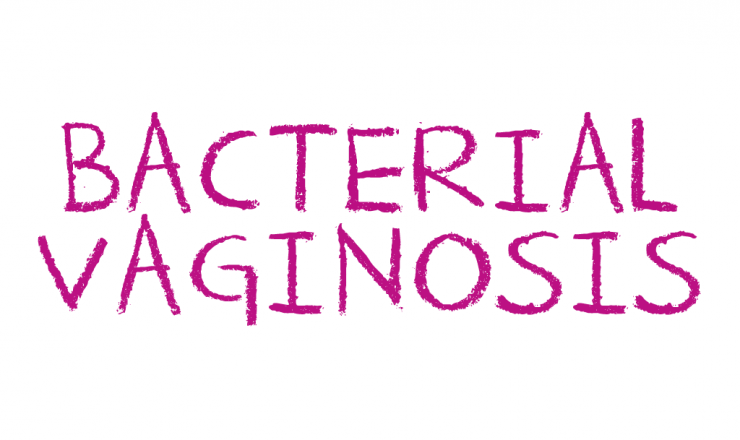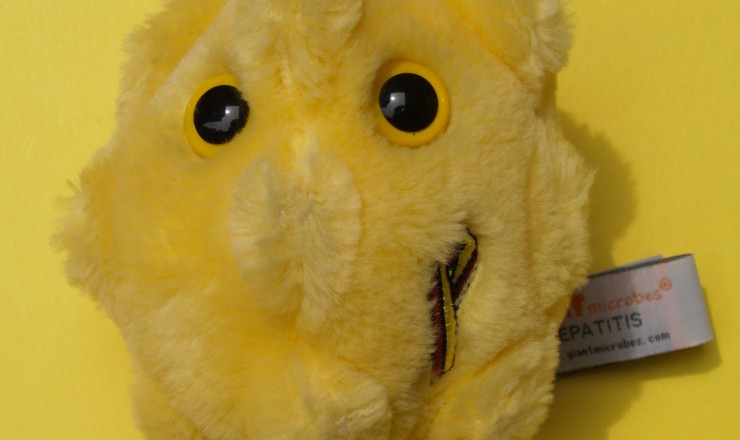Yeast Infections
What is a yeast infection?
- Yeast is a fungus that normally lives in small amounts in the vagina*, penis* and mouth. If too much yeast grows, it can lead to a yeast infection in those areas.
- Yeast infections are very common. They can be uncomfortable, but they are not harmful to your health.
How do you get a yeast infection?
- Although yeast infections are common in people who have sex, a yeast infection is not a sexually transmitted infection (STI).
- Factors that can cause yeast to overgrow include:
- douching;
- taking antibiotics or other medications;
- hormonal changes (such as pregnancy, changes in your fertility cycle);
- menstruation (your period);
- using hormonal birth control methods such as the pill, patch or ring;
- using diaphragms, sponges or spermicides;
- and/or having a weakened immune system.
How do you know if you have a yeast infection?
- Symptoms can vary depending on where the yeast infection is.
- Many people do not have any symptoms.
Vagina:
- Discharge from your vagina that is thick and white.
- Itching, swelling, or red colour inside and outside your vagina.
- Pain when you have sex.
- Burning when you urinate (pee).
Penis:
- Itching, rash, swelling, or red colour on the tip of your penis.
- Pain when you have sex.
- Burning when you urinate (pee).
Mouth:
- White coating on the tongue.
- Inflammation in the mouth.
How can you get tested for a yeast infection?
- A clinician can test you by examining your vagina, penis or mouth.
- Because the symptoms of yeast infections can be similar to other infections, it is important to get tested to ensure you get the correct treatment for the infection you have.
What if you test positive for a yeast infection?
- If you are not sure if you have a yeast infection or this is your first one, see your clinician.
- Yeast in your vagina, penis or mouth is not harmful and will usually go away on its own. You only need to treat a yeast infection if the symptoms are bothering you.
- You can buy antifungal cream or vaginal suppositories (capsules that get inserted into the vagina) to treat a yeast infection from a pharmacy. You do not need a prescription to buy them.
- There is also a one dose oral pill which you can take to clear up the infection. You do not need a prescription to buy this pill.
- If you feel better, you don’t need another test.
- If you have done one round of treatment and your symptoms have not gone away, see your clinician.
How can you lower your risk of getting yeast infections?
- Do not use pads, tampons, or bath products that are perfumed or coloured.
- Wear unbleached, cotton underwear during the day. It’s better not to wear underwear when you sleep.
- Avoid tight fitting pants, tights or nylons.
- Do not douche or use feminine hygiene sprays, wipes or soaps. Your vagina cleans itself.
- Change out of your wet bathing suit or sweaty exercise clothes as soon as possible.
- Avoid lubricants that are made from glycerin. Glycerin may contribute to yeast overgrowth.
- Get plenty of sleep, exercise, and healthy foods. This will help keep your immune system strong to prevent yeast infections.
- Using probiotics (good bacteria) either orally or vaginally may help prevent yeast infections. Probiotics can also be helpful when you are taking antibiotics. Talk to your clinician or visit a health food store for more information.
- Yeast infections are not usually sexually transmitted. However, if you keep getting yeast infections, encourage your partner(s) to see their clinician for possible treatment.
For a downloadable resource on this topic, please visit Planned Parenthood Toronto Factsheet Database.
If you have questions about this topic, feel free to contact one of our peer educators. [Link]
*We know that these aren’t the words everyone uses for their bodies (eg. trans folks), and support you using the language that feels best for you.
Last Edited: May 2020






